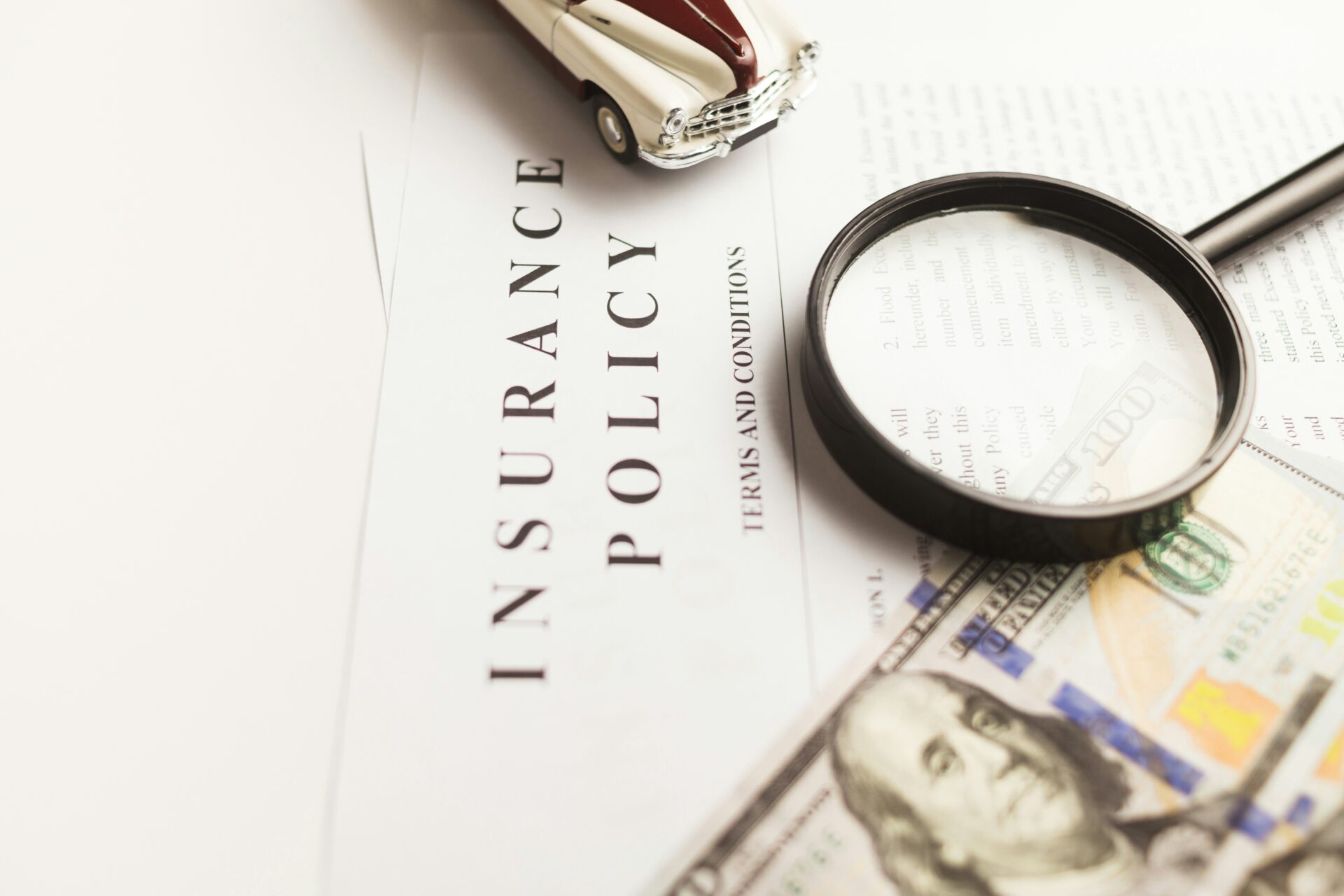If you’re a homeowner in Illinois, grab your wallet—State Farm is increasing your insurance fee, and it’s not by a few coins. Starting August 15, the firm will be increasing homeowners insurance premiums by 27%, costing customers an average of $746 a year more.
That’s not just a rate hike—it’s a crippling punch to Illinois families that are already paying through the nose for skyrocketing housing costs and daily living necessities.
Governor Pritzker pushes back
Illinois Governor JB Pritzker wasn’t afraid to speak out against State Farm’s move. In a statement, he said:
“These changes will cost Illinois homeowners hundreds of additional dollars per year without state justification or corresponding increases in protections.”
Pritzker further noted that the rate hike feels unfair and arbitrary, especially with no real increase in coverage or service to justify such a large jump.
Why is state farm doing this
State Farm, the biggest insurance company in the United States, claims the rate hike is necessary to cover losses. In their report:
“Home insurance claim costs currently exceed the premiums charged. These losses are unsustainable.”
In essence, State Farm asserts they’re losing money on homeowners’ insurance policies and need to raise rates in order to stay in business. They argue that items like severe weather, natural disasters, and rising repair bills are driving up claims—and that they simply can’t keep absorbing the extra cost.
Read this later:
How do falling interest rates affect mortgages – is now the time to buy?
Timing couldn’t be worse
This extra cost comes when millions of Americans are scrambling just to afford housing. The market is tight, rates are high, and homeownership is getting harder by the minute. Adding another $746 a year to a mortgage budget That’s no small ask.
According to LendingTree, many families nationwide are already uninsured, so if tragedy happens, they’re in big trouble. For Illinois families, this hike could cause some families to scale back coverage or drop insurance completely—a risky move in today’s climate.
What the data reveals
- 27% statewide average increase in Illinois homeowners’ premiums
- $746 average additional expense per year, per policyholder
- Effective August 15, 2025
- State Farm calls them untenable levels of loss
- The Governor has labeled it as “unjustified” and “unfair.”
This is one of the biggest recent rate increases in Illinois history, especially from a top insurer such as State Farm.
How this impacts you
If you’re a State Farm customer in Illinois, your next insurance payment should jump substantially after mid-August. Even if your house value hasn’t increased, your monthly escrow payments may rise, as most homeowners pay insurance through the mortgage lender.
Here’s what you can do:
- Shop around: Compare rates with other insurance companies—this could be the time to make the change.
- Review your coverage: Do you have everything you desire in your current policy? Talk to an agent about possibilities.
- Ask about discounts: Some companies have special rates for home improvements like alarms or roof replacement.
- Bundle your insurance: Home and auto package plans could save you money.
A bigger problem across the country
State Farm’s Illinois hike isn’t happening in a vacuum. Across the U.S., homeowners insurance is getting more expensive, particularly in areas hit by climate change, wildfires, flooding, and storm surges.
Insurers are tightening policies, increasing premiums, or leaving high-risk states altogether—like what we’ve seen recently in Florida and California.
Unfortunately, it’s all part of a growing affordability crisis in the housing market.
Will this get walked back
So far, there’s no sign that State Farm will reverse the decision. Pressure from state lawmakers—headed by Governor Pritzker—may prompt regulators to be more cautious in their review, however. Insurance rate hikes typically have to pass through the state’s Department of Insurance, but Illinois allows some, allowing companies more flexibility to determine prices without the need for prolonged approval.
Some legislators are currently pushing for stricter oversight, in a bid to protect consumers from such dramatic price jumps as this one.

